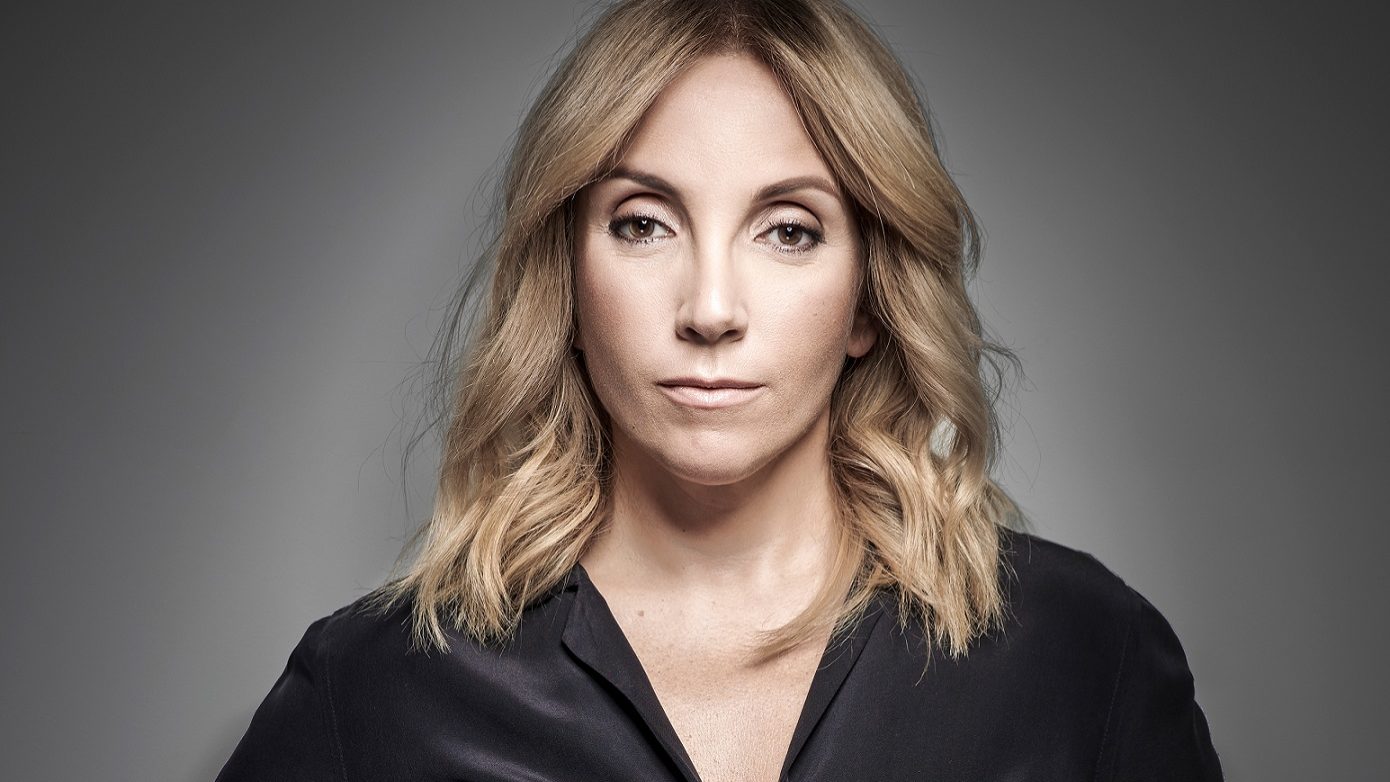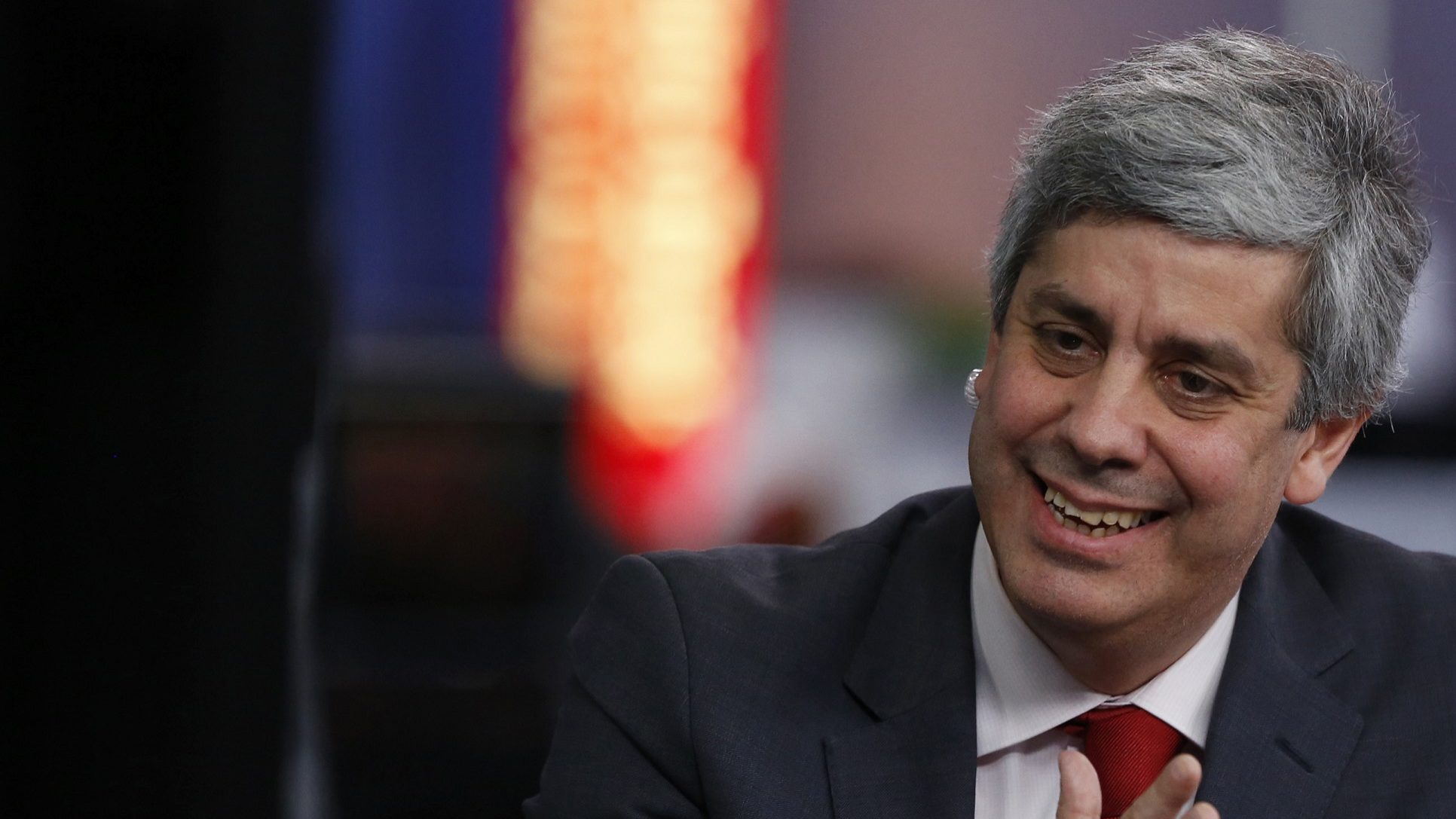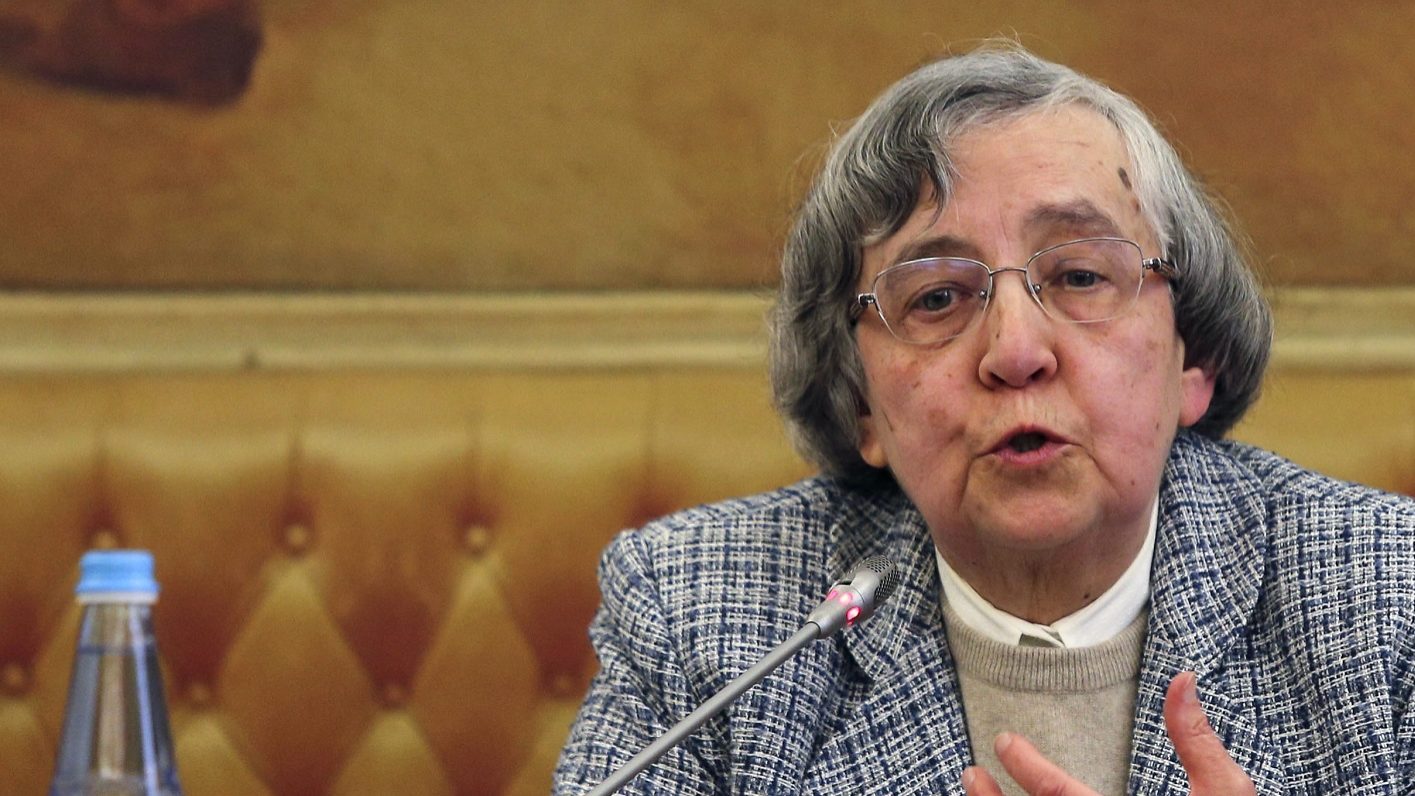Maria João Carioca: “Stock exchange will have to be a banking product”
The CEO of Euronext Lisbon says that there are "moments of asymmetry" between the stock market and banks. But they are not rivals: they are partners.
Maria João Carioca says the decrease in interest rates allows banking to offer financing conditions the capital market is not able to. It is a complicated asymmetry, but the CEO of Lisbon’s stock exchange says it can be managed. Besides, banking is increasingly more open to being Euronext Lisbon’s partner, more so because it needs to stop being based on the “interest margin and become focused on commissioning structures”
When interviewed by ECO, Maria João Carioca stated that “banking must always be seen as a stock market’s partner”. She clarifies that when one mentions banking and markets, the financial structure of companies is what is being discussed: she describes the unhealthy relationship between banking debt, equity and minority shareholding as one of the many “moments of asymmetry”. This asymmetry is also seen in the operating conditions of banks, in the increase of debt in banking and the level of taxes, Maria João Carioca adds. Companies can have access to relatively cheap credit. Euronext’s CEO also said they, as a stock exchange, need to have more visibility within the companies and even banking: “We are discussing a seven to ten years financing, which is not the same discourse in banking terms as someone who is being financed with a current account”.
Maria João Carioca told ECO that ever since she has been a part of Euronext Lisbon, she has been working together with several banks in order to “look in an objective way to both their and our portfolio of companies”, adding these are companies that have shown “indicators they can be close to either the bond or stock market.” Even though banking is a very abstract entity, “there is no case where banking does not understand their own model is being reconsidered so that instead of being fully based on interest margin, they see the need to be based in commissioning structures”, says Maria João Carioca. The market generates fees. Euronext is not trying to replace the relationship banks have with their thousands of clients; she has “no problem thinking of stock exchange as product the banks offer their portfolio of clients”, adding there are some banks that already understand that managing their account results could be a consequence of this open channel.
About the Portuguese bank Caixa Geral de Depósitos (CGD), Maria João Carioca agreed that, as a public bank, it has an important role in directing companies to the market. Therefore, it is a very important partner, in a “very open logic”; it has a “large impact in the market”, and, with even better management, it can be an asset. “Maybe from having been there”, she said, “I see it differently”; Maria João Carioca stated CGD is a bank with great impact in the market, and that allowing it to broaden their portfolio of companies to promote the exchange market would be very positive.
Regarding non-performing loans, the CEO of Euronext Lisboa says the solution to handle them requires capital: “either investment thesis create enough value to dilute debt, or those losses are absorbed, which consumes capital”. Therefore, she acknowledges it is normal for a “global solution for non-performing loan to require going to the market”; many assets can and need to be rearranged, because they are valuable.
The stock exchange has also been a solution for the State with sovereign bonds sold to retail investors (OTRV – Obrigações do Tesouro de Rendimento Variável), and so Maria João Carioca says that as a market operator, she wants that deal, but not if it means an additional 20 billion euros in OTRV issues. “If I am serving [both companies and the State], I am in the right place”.




